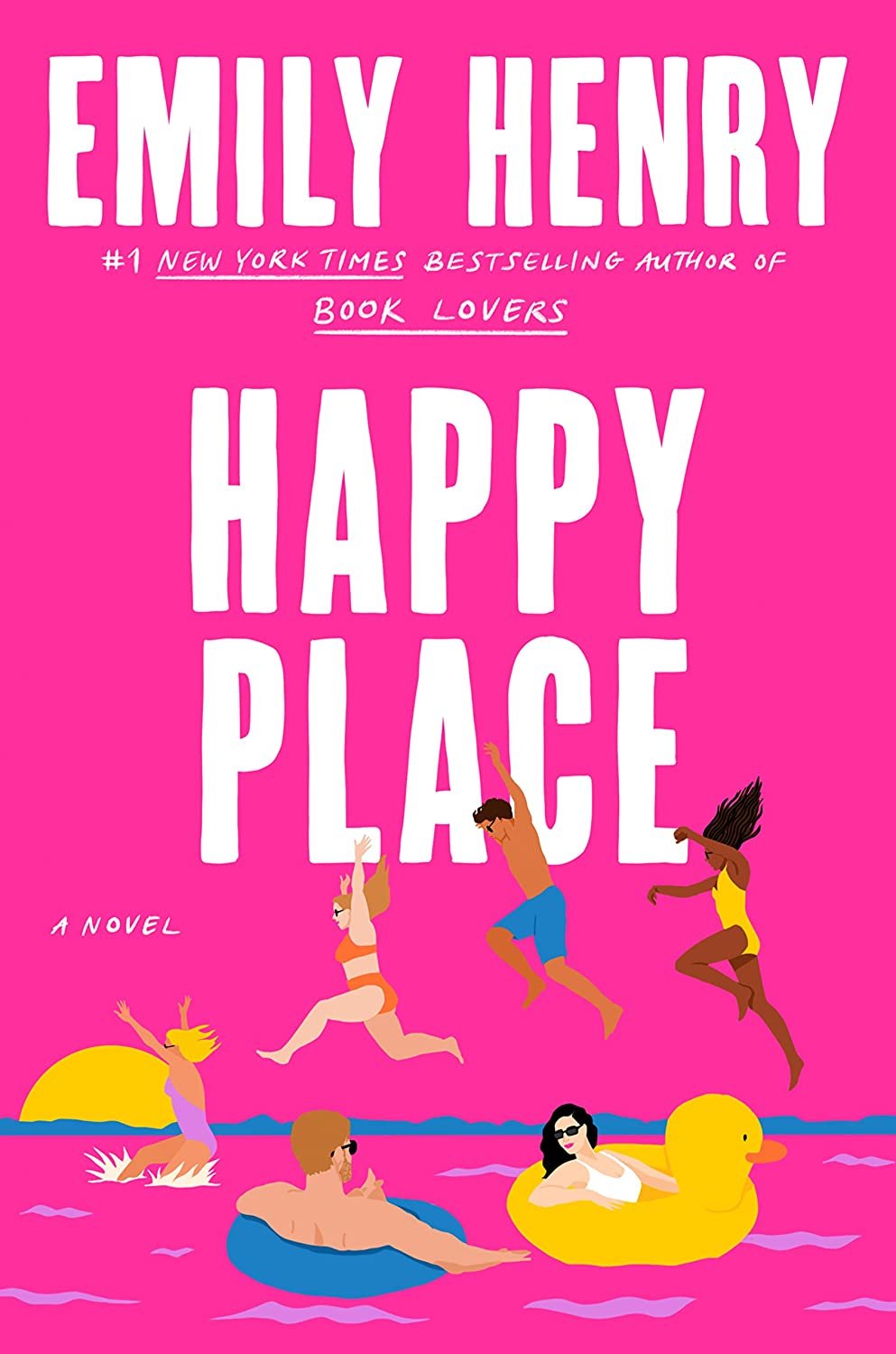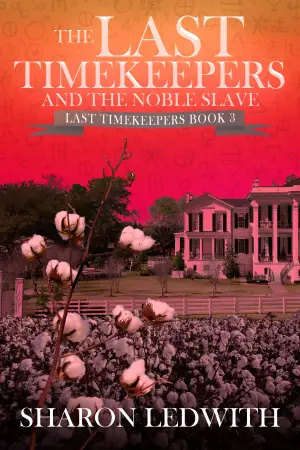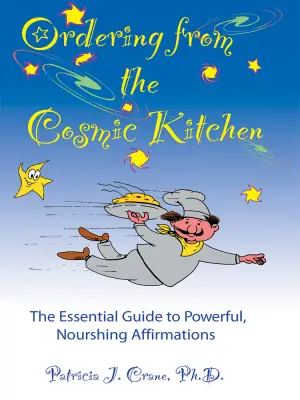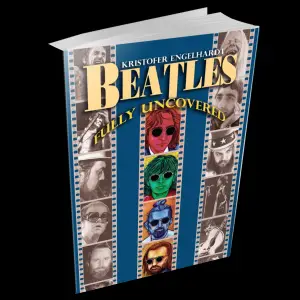Book Review: Happy Place by Emily Henry
Buckle up, bitches, because I have some thoughts on Happy Place! As someone who recently ventured into the world of Emily Henry’s books after my not-so-great experience with Beach Read, I approached this one with cautious optimism. Maybe this time would be different? Spoiler alert: it wasn’t. But let’s dive in because I have a lot to unpack!
At its heart, Happy Place revolves around Harriet and Wyn, a couple navigating the awkwardness of pretending to be together after their breakup, all while surrounded by a group of well-meaning but somewhat dysfunctional friends. The concept has potential, right? A second-chance romance set against the backdrop of a lively friendship trip sounds delightful. But for me, it became a case of feeling like the proverbial third wheel.
The character dynamics failed to capture my interest. I found myself grappling with the underlying tension among the friends rather than feeling like I belonged with them. It felt more like a rehearsal for a play where I wasn’t invited to the main event. The side characters lacked depth—Sabrina came off as controlling, Parth was virtually a blank slate, and the romantic pairing of Cleo and Kimmy felt surprisingly generic. I mean, their relationship didn’t carry the weight that I expected from a story full of vibrant personalities.
As for Wyn—sweet, dull Wyn—I struggled to connect with him in any meaningful way. His character appeared flat, and I couldn’t shake the feeling that I was rooting for a shoe rather than a person. Harriet, on the other hand, grated on me at times; her inability to communicate her feelings was frustrating. If I had a dollar for every time I yelled at characters for not just talking to each other, I’d be living my dream life somewhere fabulous. It was disheartening to witness the miscommunication trope play out perpetually, leaving me craving just a smidgen of honesty between them.
Now, let’s talk about that infamous pottery scene. I just can’t with that. As a med school aspirant in my youth, it baffled me that someone would throw away years of hard work for… pottery? I mean, the financial implications alone left me dumbfounded. And just as I thought the tension was finally peaking with a pivotal moment between Harriet and Wyn, the subsequent intimate scene felt surprisingly lackluster. The build-up evaporated into thin air, leaving me without the emotional payoff I was yearning for.
But here’s where it gets interesting: Emily Henry’s writing style is a double-edged sword. On one hand, she has a knack for crafting relatable lines that resonate deeply. On the other, some of her metaphors felt forced, like they were trying too hard to encapsulate complex emotions. I found myself both appreciating her wordplay and rolling my eyes at it, an oddly nostalgic yet confusing experience.
So who might enjoy Happy Place? If you live for second-chance romances and have a soft spot for character-driven narratives, maybe you’ll find joy in the pages where I felt lost. If you’re someone who thrives on communication-driven plots, you might feel just as exasperated as I did.
In the end, perhaps Happy Place isn’t quite the fit for me, but that’s okay. This reading experience has me at peace with the realization that romance novels aren’t my genre. And hey, if you loved it, I’m genuinely happy for you! Here’s to finding our respective happy places in the vast world of books—may they be filled with meaningful stories and captivating characters!
Discover more about Happy Place on GoodReads >>







